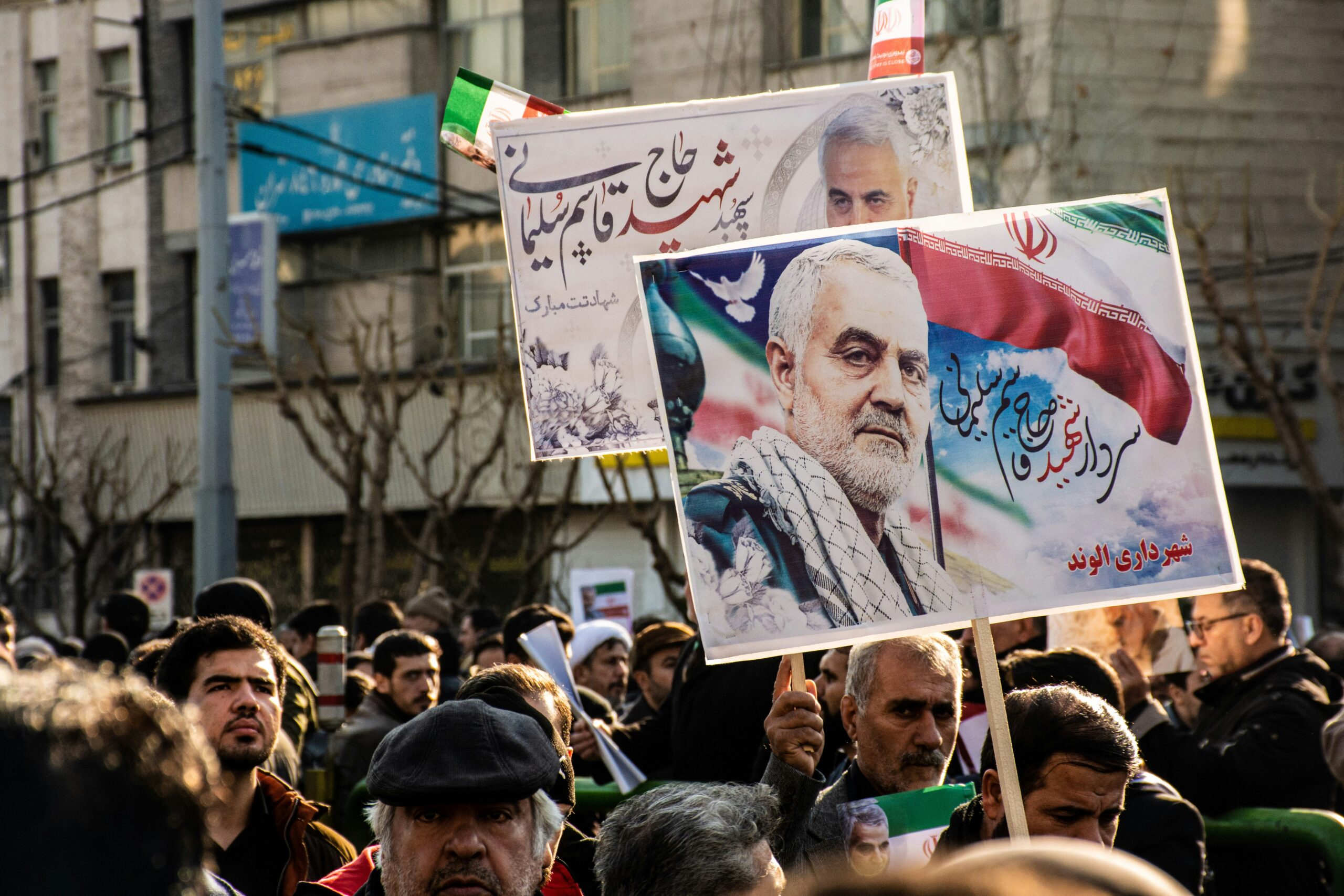
Iran Detains 21,000 Amidst Conflict with Israel-US: A Deep Dive into the 12-Day War
In June, as military tensions escalated dramatically between Iran on one side and Israel and the United States on the other, the Iranian government undertook a massive internal security operation. According to reports from Iranian state media, law enforcement agencies detained around 21,000 people whom they identified as ‘suspects’ during the conflict. This move came as part of a broader strategy to tighten national security in response to significant external military pressures.
Context of the Conflict
The conflict, which lasted from June 13th to June 25th, saw a series of aggressive airstrikes and military actions, primarily centered on Iranian soil. Israel and the US were reported to have launched these strikes in response to perceived threats, targeting key military and nuclear facilities within Iran. The Iranian response, both militarily and on the home front, was swift and severe, with a focus on rooting out internal threats that could further jeopardize national security during such a critical time.
Details of the Arrests
The arrests spanned across the nation, with Iranian police setting up numerous checkpoints and increasing their surveillance measures. Citizens were encouraged to report any suspicious activity, which, according to Saeid Montazerolmahdi, the police spokesperson, led to a 41% increase in public reports. Montazerolmahdi, however, did not specify the exact nature of the suspicions against the arrested individuals but indicated earlier concerns about espionage aiding Israeli strikes.
Following the conflict, reports emerged that Iran had executed several individuals convicted of spying for Israel, highlighting the severe consequences of such accusations within the country.
Impact on Afghan Migrants
The geopolitical turmoil also exacerbated the situation for Afghan refugees and migrants in Iran. Amidst the chaos, there was a notable increase in deportations and arrests among this group, with authorities justifying their actions by alleging espionage for foreign powers. The police reported discovering significant cases of espionage and unauthorized filming during their crackdowns.
Moreover, the war period saw a sharp increase in cybercrimes, transforming cyberspace into a critical battleground. Iranian authorities handled thousands of cases related to online fraud and unauthorized financial transactions, further complicating the internal security landscape during the conflict.
Reflections and Implications
The extensive internal arrests during the 12-day war reflect Iran’s broader security strategies under external threat. This approach, while aimed at preserving national integrity, raises important questions about human rights and the balance between national security and personal freedoms. As the region stabilizes, the international community continues to watch closely, assessing the long-term implications of such security measures on the general population and diplomatic relations in the Middle East.


